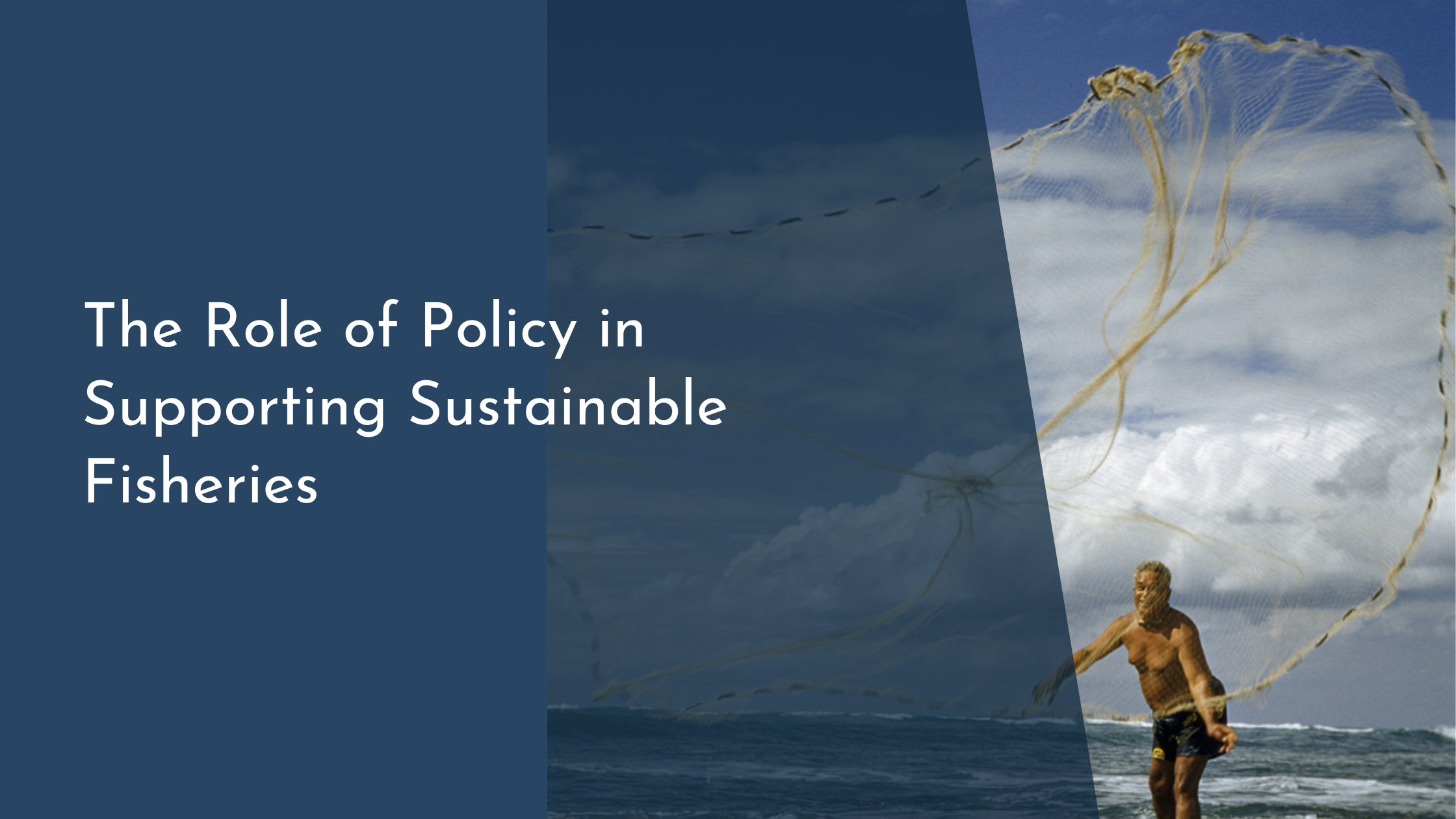The Role of Policy in Supporting Sustainable Fisheries
Ensuring the sustainability of global fisheries is crucial for maintaining ecological balance, supporting economic livelihoods, and securing food resources for future generations. Sustainable fisheries involve practices that allow fish populations to replenish, ecosystems to maintain their integrity, and fishing communities to thrive economically. As our oceans face increasing pressures from overfishing, climate change, and pollution, policy plays a vital role in guiding and regulating activities to ensure the long-term health of marine environments and the prosperity of those who depend on them.
Understanding Sustainable Fisheries and Their Importance
Sustainable fisheries are centered around the idea of managing fish stocks in a way that meets current needs without compromising the ability of future generations to do the same. This involves respecting the reproductive cycles of fish, maintaining biodiversity, and protecting marine habitats from destructive fishing practices. By adhering to sustainable practices, fisheries help preserve the intricate balance of marine ecosystems, which is essential for the health of our planet’s oceans. Biodiversity within these ecosystems ensures resilience against environmental changes and threats such as climate change.
The importance of sustainable fisheries extends beyond ecological aspects. Economically, millions of people around the world rely on fishing as their primary source of income. Sustainable fisheries contribute to food security by providing a stable supply of seafood. In many developing nations, fish is a crucial dietary staple and a major source of protein. By promoting sustainability, these communities can maintain their economic independence and safeguard their cultural traditions related to fishing.
Key Policies Promoting Sustainable Fishing Practices
One of the most impactful policies in supporting sustainable fisheries is the implementation of catch limits based on scientific assessments. These regulations help maintain fish populations by ensuring that the number of fish caught does not exceed the reproductive capacity of the species. Establishing marine protected areas (MPAs) is another powerful policy measure, allowing overfished regions to recover and regenerate. MPAs act as safe havens where marine life can thrive without the pressures of human activity.
International cooperation is also crucial for sustainable fisheries, as fish populations do not adhere to political boundaries. Treaties such as the United Nations Fish Stocks Agreement and regional fisheries management organizations (RFMOs) play a significant role in coordinating efforts across countries. These bodies help set standards for fishing practices and facilitate data-sharing, ensuring that decisions are made with the most accurate and comprehensive information available.
Case Studies: Successful Policy Implementation Examples
In recent years, a notable success story has emerged from the Alaska pollock fishery in the United States. Through stringent adherence to scientifically determined catch limits and effective management strategies, the fishery has maintained healthy stock levels. This has been achieved by close cooperation between the government, scientists, and the fishing industry, setting a benchmark for sustainable fishing practices worldwide. The use of technology and data collection has also played a crucial role in monitoring fish populations and enforcing regulations.
Another example of successful policy implementation can be found in the Australian Southern Bluefin Tuna fishery. This fishery faced severe depletion due to overfishing in the past. However, through the introduction of quotas and a comprehensive recovery plan, stock levels have shown significant improvement. Such policies have not only aided in the species’ recovery but have also provided a more stable economic future for those involved in the fishery. The success of these policies demonstrates the potential for recovery and sustainability when science-based approaches are employed.
Conclusion: A Brighter Future for Global Fisheries
As the global community becomes more aware of the importance of sustainable fisheries, the role of policy in shaping the future of our oceans cannot be overstated. By prioritizing science-based management and international collaboration, we pave the way for healthier marine ecosystems and more resilient fishing communities. The successes seen in certain fisheries provide a template for others to follow, proving that with the right strategies in place, significant progress can be made.
The road to sustainable fisheries is ongoing, requiring continuous commitment from policymakers, scientists, and fishermen alike. By implementing and enforcing effective policies, the global community can ensure that our oceans remain bountiful for generations to come. With a collective effort, a future where both marine life and human populations thrive is within reach, promising a healthier and more prosperous world for all.

